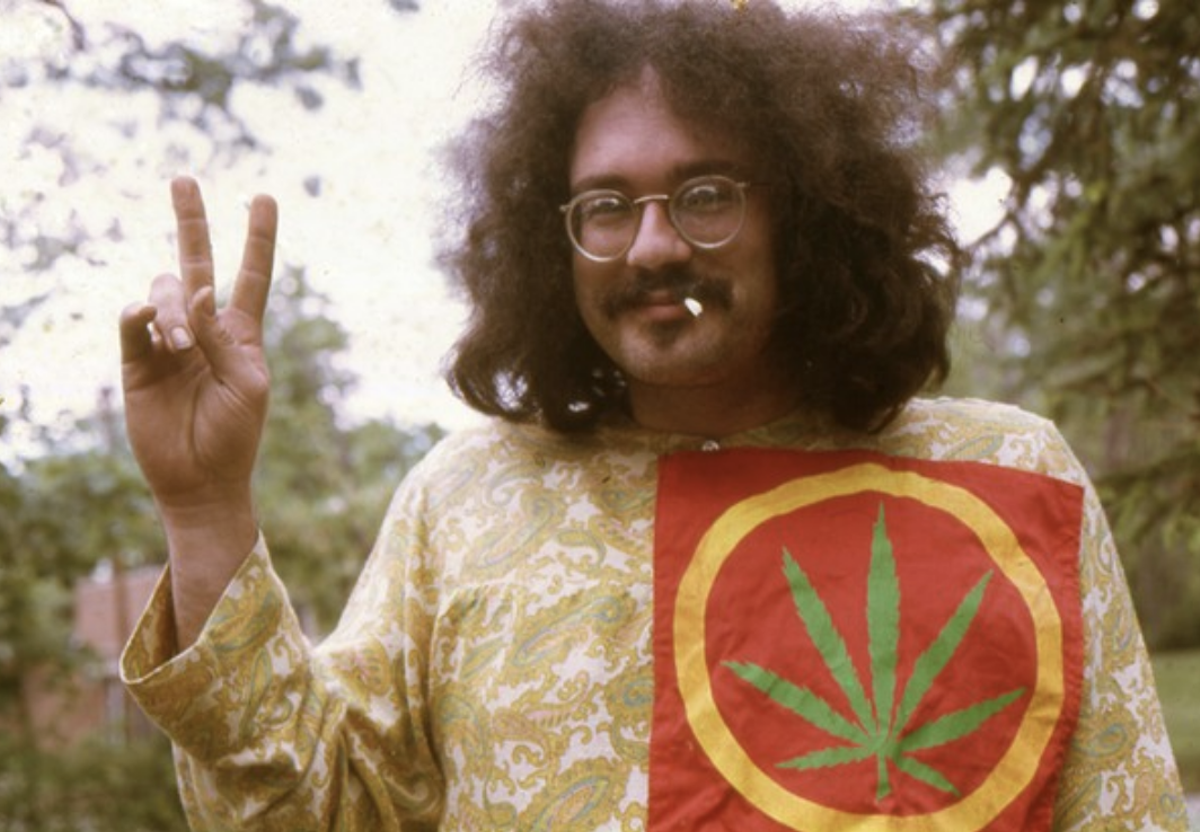 John Sinclair—poet, activist and leading figure in America's radical youth movement of the 1960s—died in a Detroit hospital April 2 at the age of 82. He was famous as manager and central personality behind the Motor City proto-punk band MC5, and a founder of the White Panther Party—a militant anti-racist group seen as a white working-class counterpart to the Black Panthers. His conviction and draconian sentence for a small-scale cannabis charge in 1969 made him a national and even global icon, immortalized in an eponymous John Lennon song. The legal battle and campaign to free him ultimately resulted in the overturn of the absurdly harsh marijuana law in his native Michigan.
John Sinclair—poet, activist and leading figure in America's radical youth movement of the 1960s—died in a Detroit hospital April 2 at the age of 82. He was famous as manager and central personality behind the Motor City proto-punk band MC5, and a founder of the White Panther Party—a militant anti-racist group seen as a white working-class counterpart to the Black Panthers. His conviction and draconian sentence for a small-scale cannabis charge in 1969 made him a national and even global icon, immortalized in an eponymous John Lennon song. The legal battle and campaign to free him ultimately resulted in the overturn of the absurdly harsh marijuana law in his native Michigan.
Sinclair was sentenced to 10 years in prison for giving two joints—free of charge—to an undercover Detroit cop. (Hence the line in the Lennon song, "They gave him 10 for two.") He served two-and-a-half years before a judge ordered him released in December 1971, while the state's marijuana law was up for review. Three days before his release, Lennon and Yoko Ono performed at the "John Sinclair Freedom Rally" on the University of Michigan campus in Ann Arbor. Three months after that, the Michigan Supreme Court declared the state's marijuana law unconstitutional. The charge against Sinclair was dropped, and he never spent another day behind bars.
Sinclair was also party to a key Fourth Amendment victory at the US Supreme Court in this era. When Sinclair and his White Panther comrades Lawrence "Pun" Plamondon and John W. Forrest were slapped with federal conspiracy charges for the 1968 bombing of a CIA recruiting office in Ann Arbor (causing damage but no casualties), the trio argued that the evidence had been obtained through illegal wiretaps. In a critical defeat for the administration of Richard Nixon, the Supreme Court ruled in their favor in 1972, and the charges were dismissed. They then brought suit against the FBI agents involved in the case, claiming their constitutional rights had been violated. They even tried to get President Nixon included as a defendant, although they ultimately lost the case.
As the '70s wore on, Sinclair concentrated more on writing and performing, and became a serious bluesologist. Starting in the 1990s, he toured widely, reciting his poetry to musical accompaniment, often with his own outfit, the Blues Scholars. He also produced an internet radio show as he divided his time in later years between Detroit, New Orleans and Amsterdam. (See more at Detroit Free Press, Detroit Metro Times)
Sinclair's longtime collaborator Wayne Kramer, the MC5 guitarist who would later play with the Blues Scholars, died earlier this year. The historic 1971 rally to free Sinclair is commemorated annually in Ann Arbor's April Hash Bash. Michigan legalized cannabis by popular referendum in November 2018.
Image: Leni Sinclair via Metro Times







Recent comments
2 weeks 1 day ago
2 weeks 2 days ago
5 weeks 2 days ago
6 weeks 2 days ago
10 weeks 2 days ago
14 weeks 19 hours ago
18 weeks 1 day ago
18 weeks 6 days ago
28 weeks 6 days ago
32 weeks 6 days ago